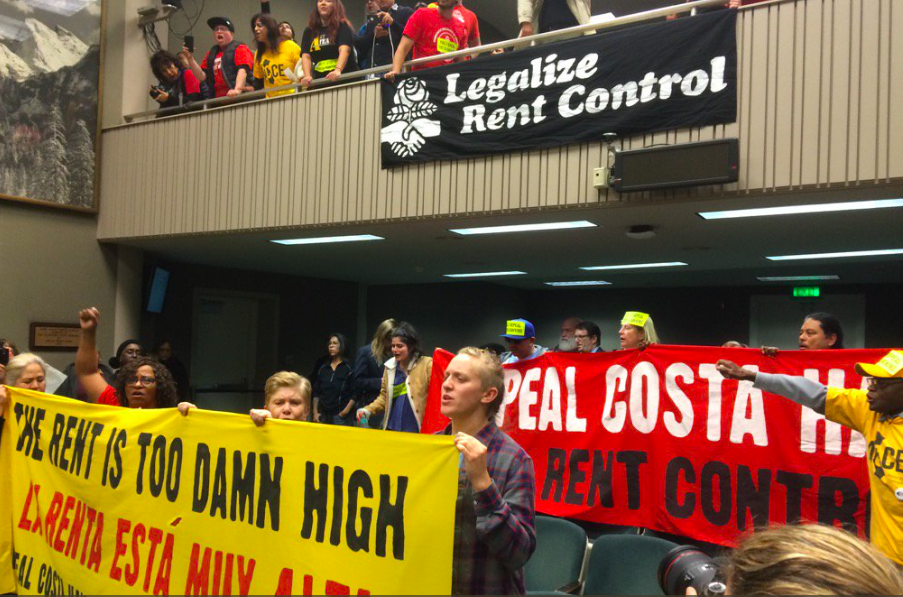If you’re rich, there’s no problem finding a place to live in San Francisco. Lots of houses and condos are for sale; lots of apartments are for rent. In fact, the Chron just reported that most houses for sale in the city have been on the market for a month or more. Prices are, as they say in the business, softening; that means a place that might have been listed at $2 million could sell for $1.8 million.
That means nothing to the vast majority of the people who work in this city; they can’t afford either price.

The Yimby narrative, which is now a national policy issue, is based on the idea that the United States, and California, and San Francisco, faces a profound shortage of housing. State Sen. Scott Wiener, who has introduced some very problematic legislation, at one point said the state has “a shortage of 3.5 million homes.”
But a new study by two urban planning researchers argues that the nation does not, in fact, face a shortage of housing; it faces a shortage of affordable housing.
Kirk McClure, a professor of urban planning at the University of Kansas, and Alex Schwartz, a professor of urban planning at the New School in New York, argue that in most of parts of the country, new housing has kept pace with new household formation.
What hasn’t happened: Housing prices haven’t kept pace with incomes.
From the study:
We find that, in the aggregate, there may be no overall shortage of housing. Rather, a surplus may exist. In a few individual markets, shortages are found, but most markets are not experiencing shortages. Some of the shortages may be due to pandemic-related short-term shortfalls in construction due to supply-chain problems, labor problems, and, lately, high interest rates. We also find a large mismatch between the number of renter households with incomes below 30 percent of AMI and the number of housing units affordable to them. These conditions suggest that housing policies should be designed to reflect better use of the existing stock rather than expanding this stock where no expansion is needed.
More:
Help us save local journalism!
Every tax-deductible donation helps us grow to cover the issues that mean the most to our community. Become a 48 Hills Hero and support the only daily progressive news source in the Bay Area.
Affordability problems do not seem to be a function of too few housing units coming into the stock over time. Rather, affordability problems seem to be a function of mismatches between housing prices and incomes, especially for [Very Low Income] and [Extremely Low Income] households.
The appropriate policy responses should seek to lower prices and raise incomes.
The study uses US Census data, and among other things, concludes that the number of units that are vacant and not on the market is higher than ever:
Often ignored in housing market analysis is the stock of off-market vacant units. It is now toovlarge to ignore (Kresin, 2013). These are units that are empty but not on the market for sale or for rent. Even a very well-functioning market will have some of these units, which include those in probate, in foreclosure, or held empty while the owner is elsewhere such as a hospital. In the decades before 1990, these units comprised about 3 percent of the total housing stock. This may represent the normal share expected in a balanced market. During the 1990s and through the housing bubble, off-market units shifted up to account for 4 percent of the total. As the housing price bubble burst but production continued on faster than household formation, off-market vacant units climbed further to the range of 5 to 6 percent of all units, nearly double the share seen before. Only with the pandemic and the reduction in housing production has the off-market share dipped back to about 5 percent, where it is now. This means that 1 in every 20 units is sitting empty and is off the market in the US.
That’s why San Francisco imposed a tax on vacant units.
It’s an interesting concept, and fits in with the idea that growth is not the answer to all of our problems; the answer is a better distribution of the income and wealth that already exists.
I wonder if this will be part of the discussion in the fall mayoral and supervisorial races.




